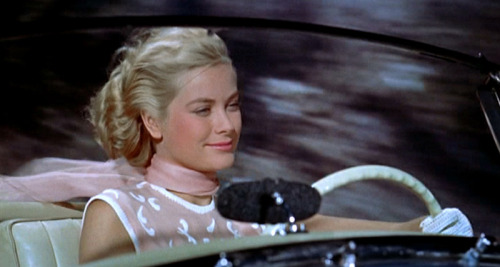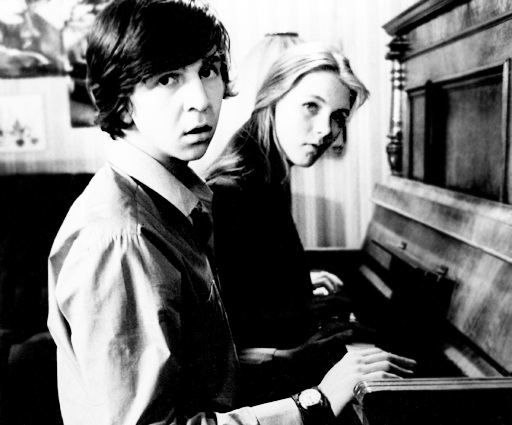Dreams of the West and principles of existence in society
During perestroika period of Soviet history in 1985-1991, the iron curtain started to come down. Western values indiscriminately entered the Soviet Union and especially affected the younger generation as they were the most eager to build their own new, better world on the ruins of the former one. The movie “Courier” emphasizes this tendency of Soviet youth to quickly adopt or be attracted to Western culture and values.
In the episode in the editing office, where Ivan works as a courier, Zinochka asks who dreams about what. All three, Zinochka, Stepan Afanasievich and Ivan, jokingly answered. The editor in chief, Stepan Afanasyevich dreams that the atmospheric pressure in the Moscow region wouldn’t fall below 740 degrees, because then the fish are biting best. Zinochka, the editor’s assistant, wants to marry a Japanese man, because they have the most advanced technology. It seems that she wants to marry not a specific person, but the advanced Japanese technology. However, Ivan surpassed everyone by saying that he dreams about the future victory of communism on the entire planet. The way that Zinochka and Stepan Afanasevich looked at Ivan and their awkward silence, conveyed to the audience that only few people actually believed in the victory of communism. However it was not yet acceptable to say it so loud.
When professor Kuznetsov, the representative of the older generation, asks Ivan about his dreams and principles of life, Ivan does not try to fake what he wants to hear. Instead, he openly claims that his principles are to have a lot of money, a car, an apartment in a good location, a dacha (a cottage in a countryside) and a cushy job. All of which he is planning to achieve using connections (blat) when if he marries the daughter of the rich and influential writer, Kuznetsov, who asks Ivan these questions during lunch. This kind of response almost exactly corresponds to the fears of the older generation regarding the future of the whole country. Although Ivan is obviously just teasing Katya’s father, professor Kuznetsov, he still loses his temper and drives Ivan out of his house because he realizes that every joke contains some truth.
Closer to the end of the film a twin scene featuring Katya involves a similar set of questions and equally rebellious response.
One of the guests is desperately trying to understand what the younger generation wants from life. Katya, who had remained silent until then, interjected unexpectedly. She said that what she really wants is to be irresistible, to drive a sport-car while wearing a red scarf. To have on a seat next to her a stereo and a tiny dog. Her description evokes a picture from a western fashion magazine or a scene from some Hollywood film.
http://lestuffblog.com/tag/grace-kelly/ Grace Kelly in a film “To catch a thief” 1955
During the period of perestroika there was a sense of dissatisfaction with the Soviet lifestyle. The younger generation especially could feel that dissonance between what they were supposed to believe in and what they really wanted. Ivan’s and Katya’s responses were a rebellion against the idealistic hypocrisy they perceived.
In one of the scenes Bazin says that his principles of existence were to serve the humanistic ideals of humankind . This is the kind of response people were generally expected to give, but realistically very few actually believed in the sincerity of such claims. Ivan sarcastically told Bazin that he was “proud of him”. It takes courage to intentionally go against what other people expect from you. Not everyone can do that.
The silly song about a goat is also a part of Katya’s rebellion against the older generation’s expectations. Instead of playing classical music in front of the guests, she plays a nonsense song about a goat, concluding it with “meh!” – a typical sound that a goat produces.
